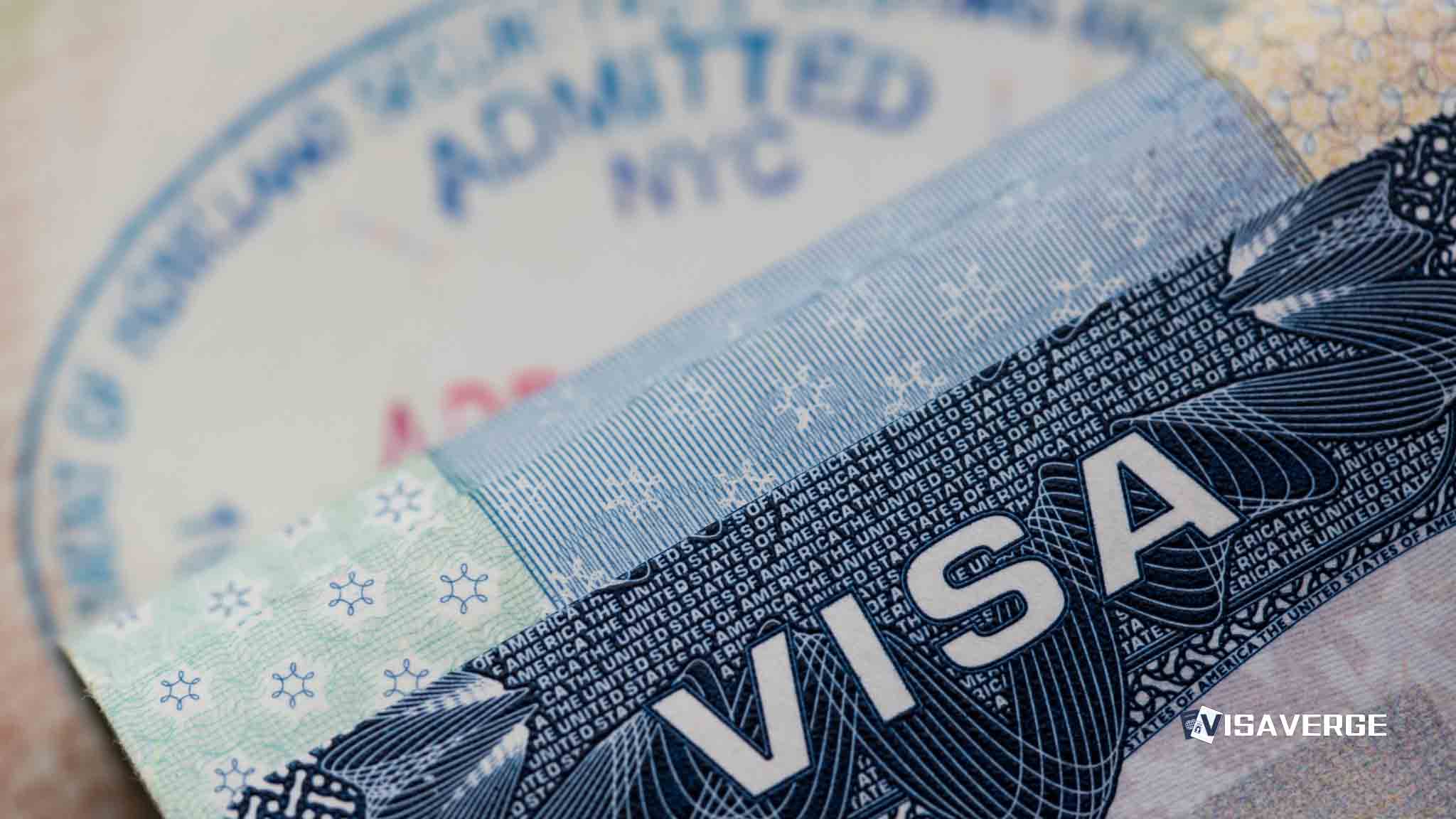Understanding the I-140 Process: Addressing Questions About Educational Qualifications
The Importance of Educational Qualifications in Employment-Based Visa Applications
When applying for an employment-based visa, your educational background plays a crucial role in proving you meet the necessary qualifications for your prospective job. The U.S. Citizenship and Immigration Services (USCIS) assesses this during the I-140 process, which is the petition for an immigrant worker to become a permanent resident in the United States. If questions arise about your education, addressing such concerns promptly and accurately is vital to the success of your application.
Steps to Take if Your Educational Qualifications Are Questioned
“Your educational qualifications are an integral part of your employment-based visa application. When challenged, it’s essential to respond with evidence that reinforces the validity and relevance of your credentials.”
Validate Your Credentials
- Get Your Credentials Evaluated: If your degree is from a non-U.S. institution, a credentials evaluation from an authorized evaluation service may be necessary. This evaluation will compare your academic achievements to U.S. standards.

- Provide Detailed Documentation: Submit copies of your diplomas, transcripts, and any certificates or honors related to your educational background. Make sure that all documents are translated into English by a certified translator, if necessary.
- Letters from Academic or Industry Experts: Obtain letters from professors, industry experts, or colleagues who can attest to the legitimacy and level of your education and how it meets the job requirements.
Clarify Job and Education Alignment
Present a Detailed Job Description: Your employer should provide a detailed job description that demonstrates why your specific educational background is necessary for the position.
Explanation of Equivalency: If your degree is not a direct match but considered equivalent, an explanation of how your education equates to the required qualifications can be beneficial.
Highlight Relevant Experience: In some cases, relevant work experience can compensate for educational discrepancies. Showcase how your professional background aligns with the job’s educational demands.
Where to Find Help and Resources
If you are facing challenges with your educational qualifications during the I-140 process, it is often advisable to consult with an immigration attorney who can guide you through the nuances of immigration law. Additionally, for more information on the I-140 process guidelines and checklists, you can visit the USCIS official website.
Conclusion: The Role of Educative Evidence in the I-140 Process
The journey to secure an employment-based visa often hinges on the successful verification of your educational qualifications. Being thorough and proactive in addressing any questions about your education during the I-140 process can significantly impact the outcome of your application.
Remember, the USCIS’s priority is to confirm that you possess the necessary knowledge and skills for your prospective job. Armed with the right evidence and a clear presentation of your academic credentials, you can navigate this step confidently, moving one step closer to your goal of working and living in the United States.
So there you have it, my friends! The I-140 process can be a bit tricky when it comes to educational qualifications, but fear not! As long as you have your credentials evaluated, provide detailed documentation, and highlight relevant experience, you’re on the right track. And if you need more help, don’t forget to check out visaverge.com for more valuable info. Good luck on your visa journey, and remember, champions never give up!
FAQ’s to know:
FAQ 1: What should I do if my educational qualifications are questioned during the I-140 process?
Answer: When your educational qualifications are questioned during the I-140 process, there are several steps you can take to address the concerns. First, consider getting your credentials evaluated by an authorized evaluation service to compare them to U.S. standards. Additionally, provide detailed documentation such as copies of diplomas, transcripts, and certificates. Obtaining letters from academic or industry experts who can vouch for the legitimacy and level of your education is also helpful. Lastly, present a detailed job description that demonstrates why your specific educational background is necessary for the position, explain any equivalency, and highlight relevant work experience that aligns with the educational demands of the job.
FAQ 2: How can I prove the validity and relevance of my educational qualifications during the I-140 process?
Answer: To prove the validity and relevance of your educational qualifications during the I-140 process, you can take several actions. Start by having your credentials evaluated by an authorized evaluation service if your degree is from a non-U.S. institution. Submit detailed documentation such as diplomas, transcripts, and certificates, translated into English if necessary. Obtain letters from professors, industry experts, or colleagues who can verify the legitimacy and level of your education. Present a detailed job description that explains why your specific educational background is necessary for the position. If your degree is not a direct match, provide an explanation of equivalency. Additionally, highlight any relevant work experience that compensates for educational discrepancies.
FAQ 3: Where can I find help and resources for the I-140 process and educational qualifications?
Answer: If you are facing challenges with your educational qualifications during the I-140 process, it’s advisable to consult with an immigration attorney who can provide guidance on immigration law nuances. Additionally, you can find more information on the I-140 process guidelines and checklists on the official website of the U.S. Citizenship and Immigration Services (USCIS).
What did you learn? Answer below to know:
- True or False: Obtaining a credentials evaluation is only necessary if your degree is from a non-U.S. institution during the I-140 process.
- What type of documentation should be submitted to address questions about educational qualifications during the I-140 process?
A. Copies of diplomas, transcripts, and certificates
B. Letters from academic or industry experts
C. Both A and B
D. Job description and explanation of equivalency - True or False: Relevant work experience can compensate for educational discrepancies during the I-140 process.












